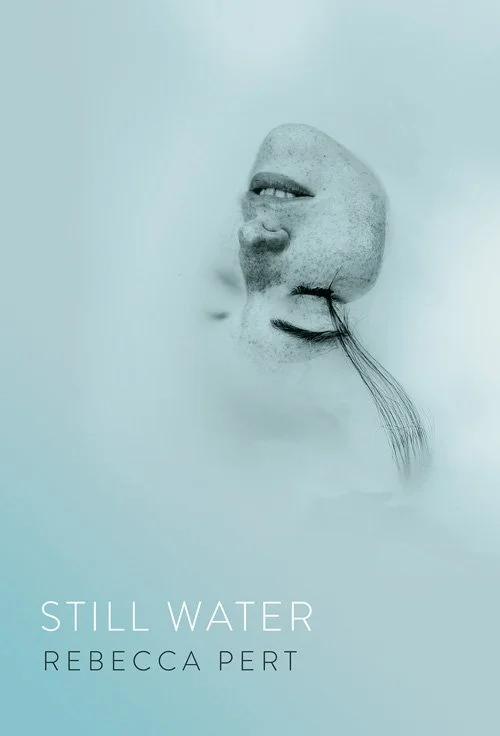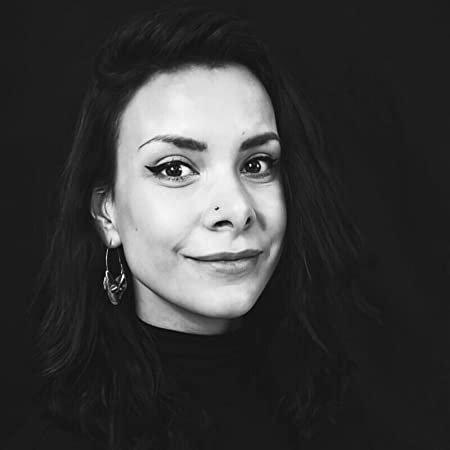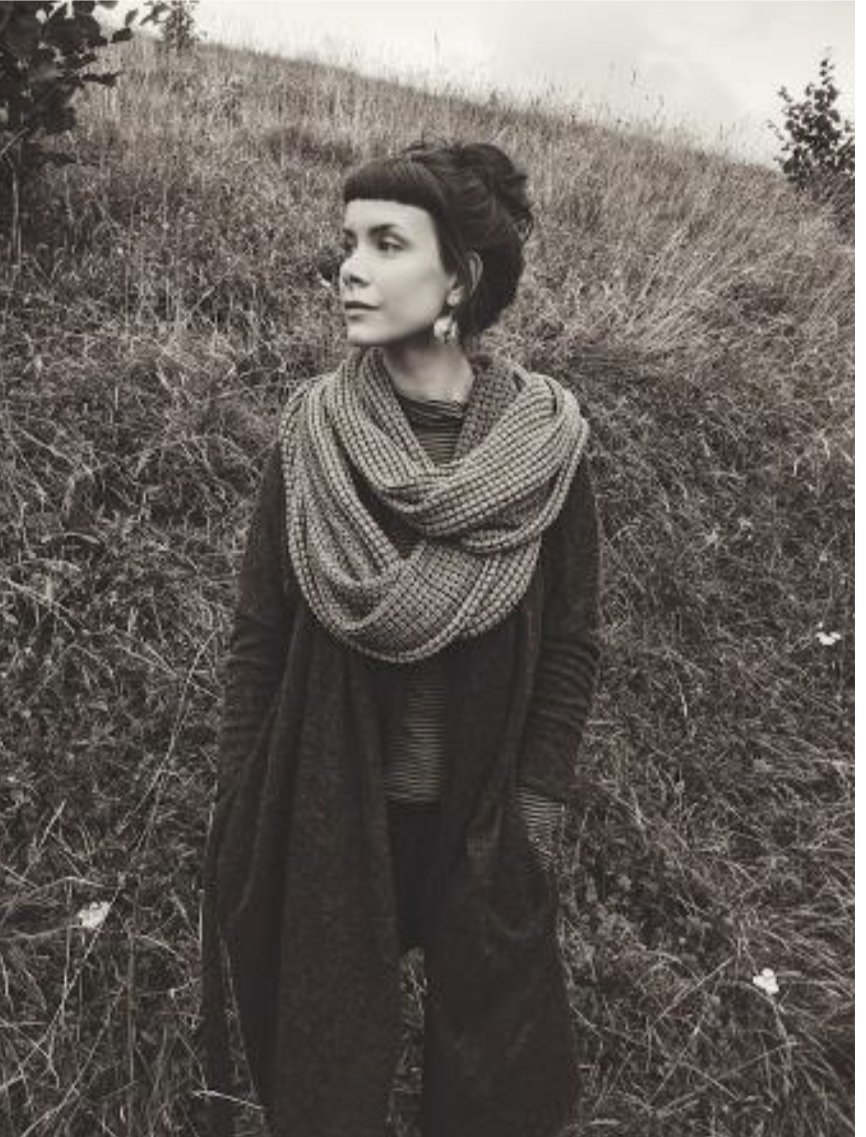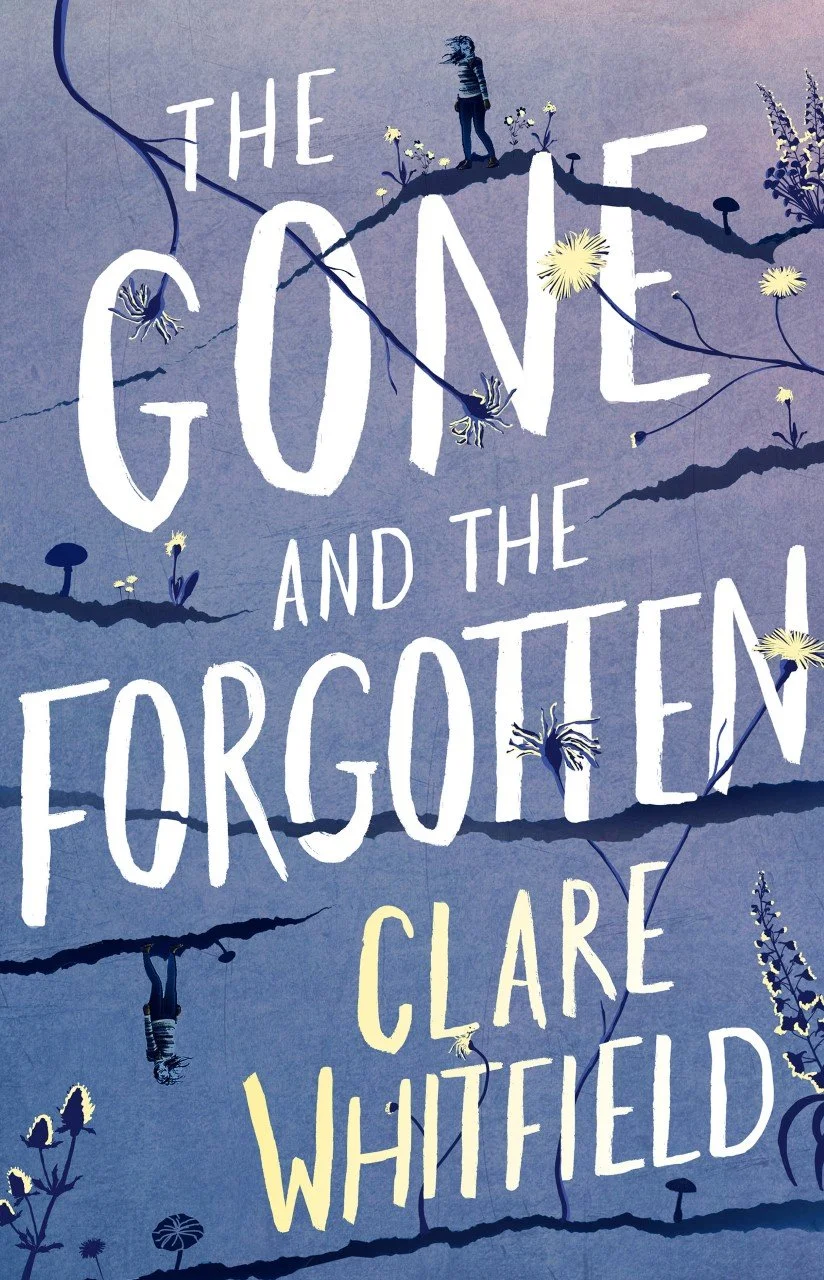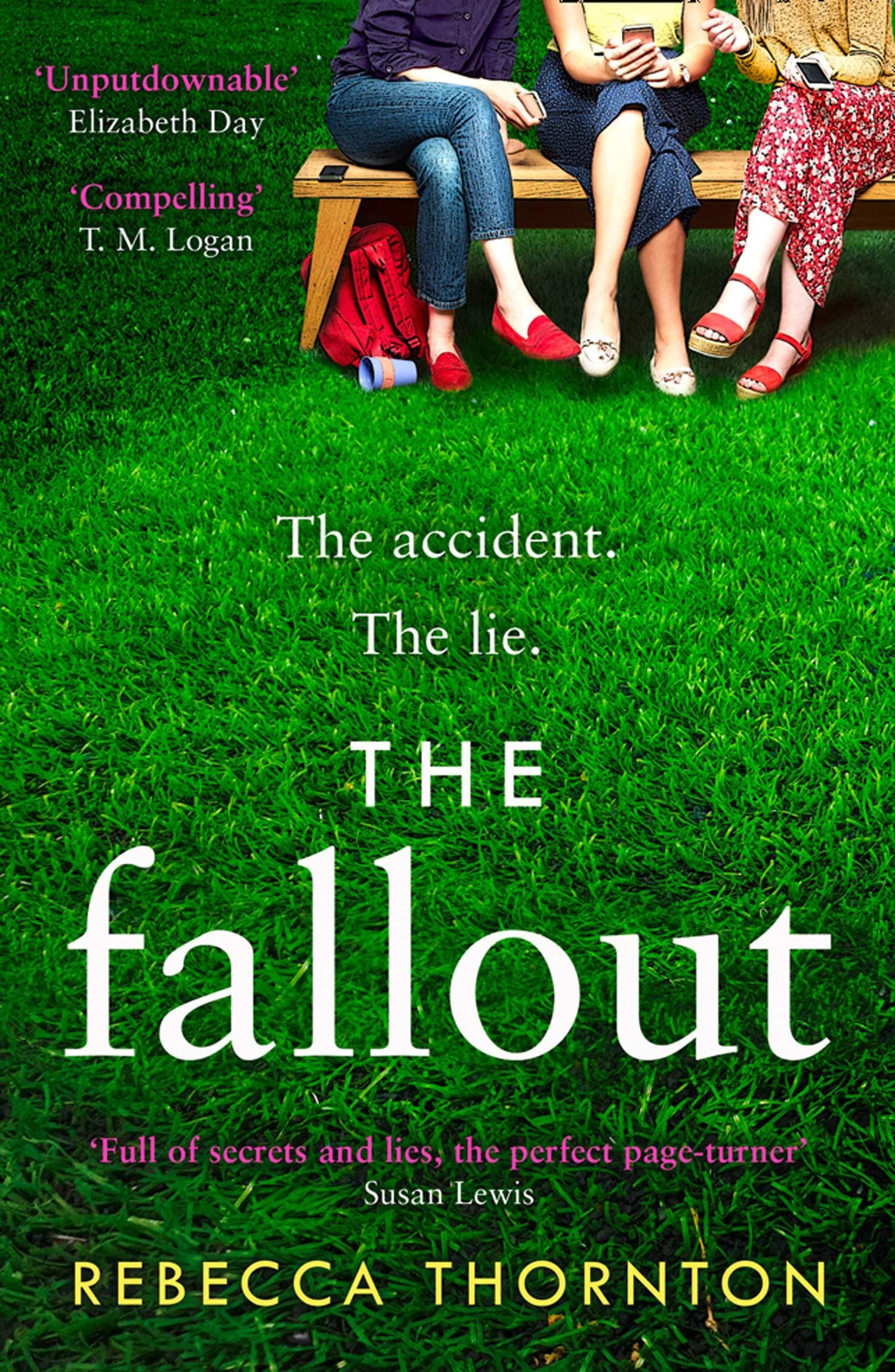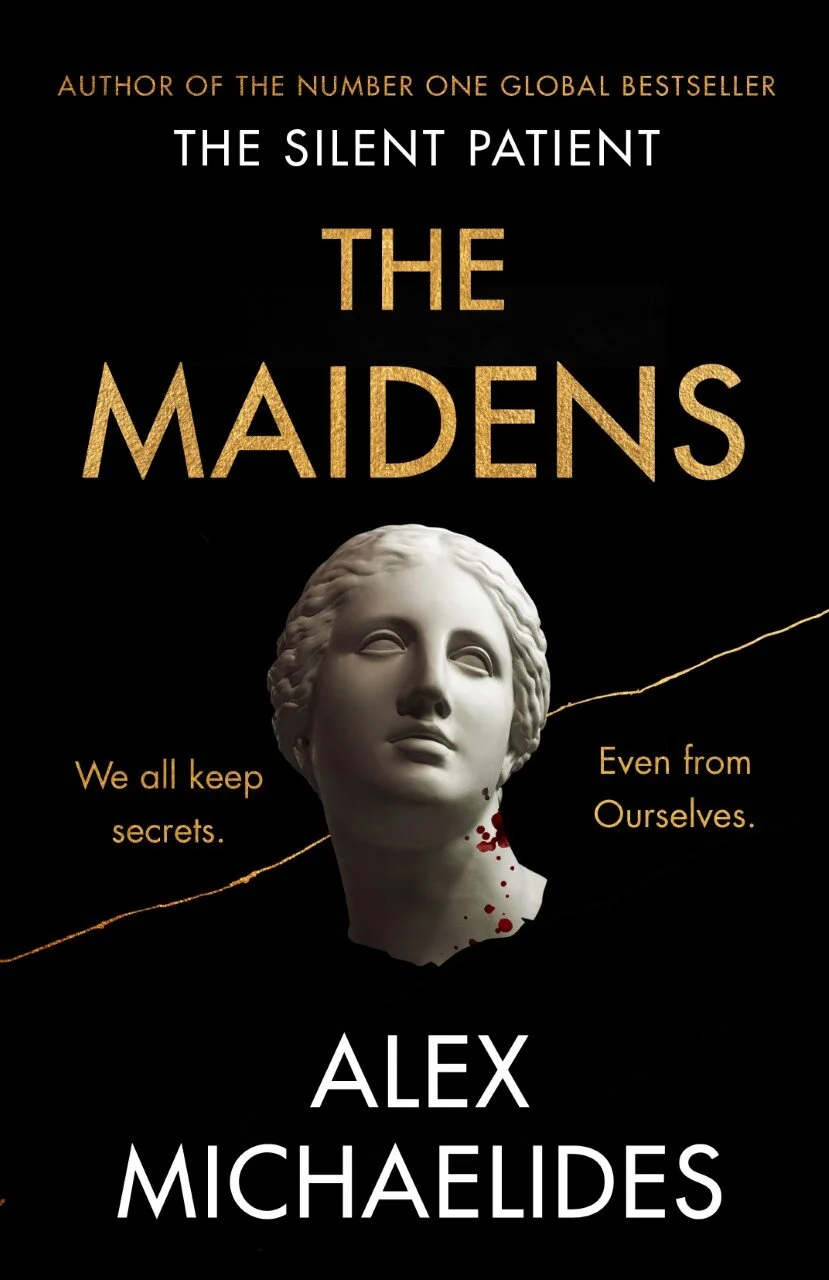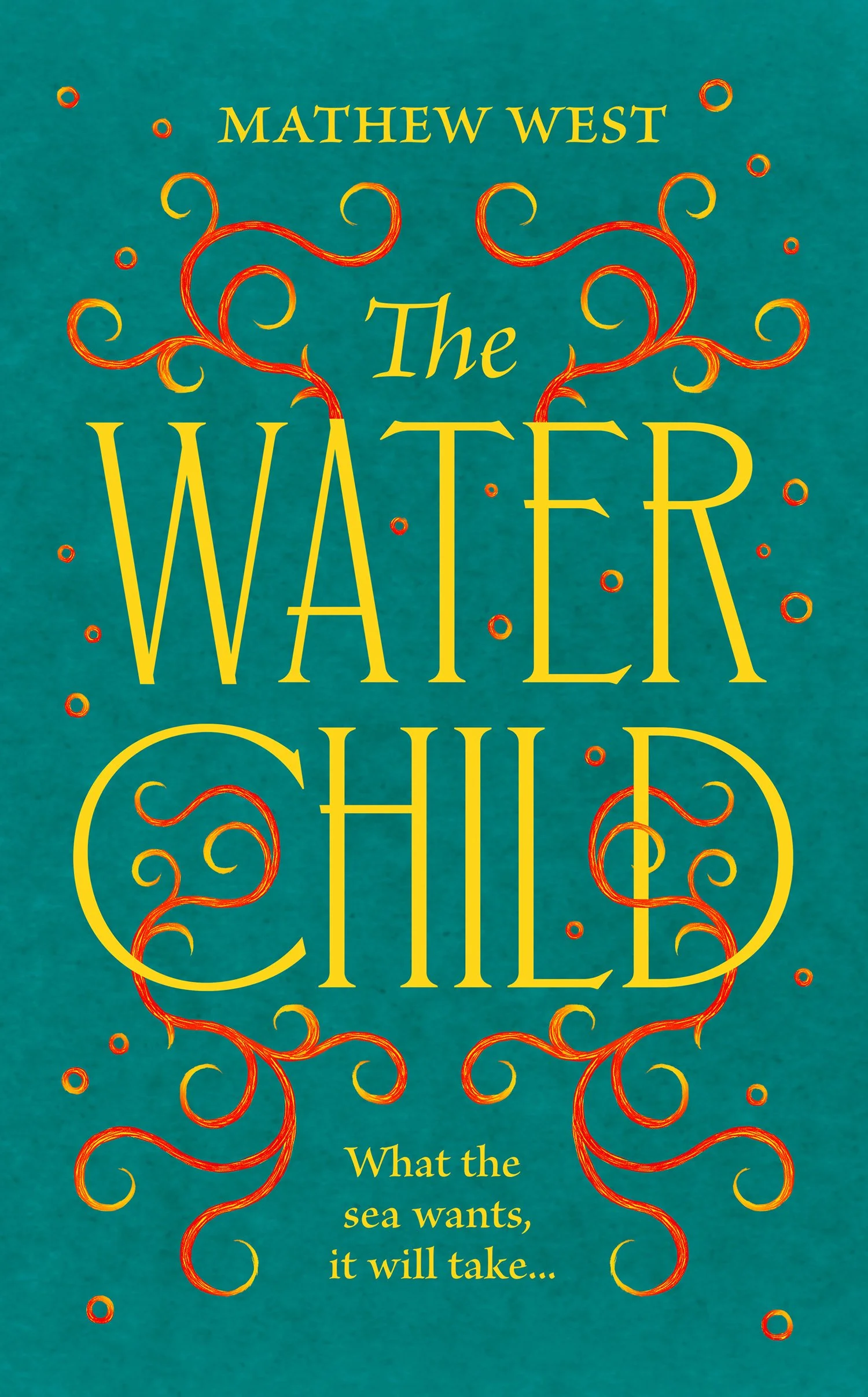Still Water by Rebecca Pert
When Jane Douglas returns to the Shetland Islands, she thinks she has escaped the dark shadows of her childhood. She carves out a simple life on the bleak, windswept island, working at the salmon fishery and spending quiet evenings at home. And for the first time in her life, she’s happy.
Then the body of Jane’s long-missing mother is found in a flooded quarry. Her mother disappeared when Jane was a teenager, following the death of Jane’s baby brother. Jane has spent her life running from her past, living in fear that she has inherited her mother’s demons. Now, Jane must face what actually happened on that fateful, tragic day twenty years ago...
Still Water is a stunning novel that explores some important and heavy themes around postpartum psychosis and motherhood. This is perfect for fans of Sarah Waters, Leila Slimani and Gillian Flynn’s writing.
About the author
Rebecca Pert was born in 1990, the youngest of four siblings. She grew up in a small town in Devon before attending Cardiff University, where she received an MA in Creative Writing. Rebecca was the winner of the first Cheltenham Festival First Novel Competition in 2018. She now lives in Gloucestershire with her husband, son and dog. Still Water is Rebecca’s first novel.
Review
By no means is ‘Still Water’ a happy book but its beautiful prose gives us a tense but stunning glimpse into the issues of postpartum psychosis and mental health in general. Be prepared if you have triggers as this book doesn't hold punches when it comes to documenting the women’s experiences. I found some of passages heartbreaking but Rebecca’s writing makes this story compelling and I flew through this book.
Jane has returned to her childhood home of Shetland and leads a simple life - works at the local cannery and spends evenings watching the tv with her boyfriend. But when Jane is informed that there is new evidence in her mother’s missing person case, it brings up old memories. Jane doesn't want to face the past but it turns out she may need to!
Jane and her mother were such strong well-developed characters. I liked how there were the two different voices running through the book as you really saw the rawness of Sylvia’s experience through her diary entries. The location adds to the isolation that problems with mental health can cause an individual to develop. I have experienced that darkness of northern Scotland when it's pitch black and no other light to see. The scrutiny of the locals to the ‘incomers’ and unfortunately the other darkness as well! Rebecca tackles all of this with empathy and the women’s tales come across as real, raw and authentic. I particularly liked the difference in each woman’s medical experiences - such a difference in a generation.
Let me know if you pick this one up!
Dear reader,
Still Water came about in an unusual way. In 2018 I submitted the first three chapters of a fledgling novel, about a thalidomide survivor living on the Shetland Islands, to the Cheltenham Literature Festival’s First Novel competition. The winner would receive a £10,000 advance, a publishing contract with The Borough Press, and representation from LBA Books. I printed off my chapters, stapled them, stuck them in an envelope and sent them off. A few months came and went. And then, one grey Friday in February, sitting at my desk in the library where I worked, I got an email telling me that I’d won. I stared at the screen, feeling goosebumps prickle all over my body, reading the words over and over again. I wanted to shout for joy but couldn’t, obviously, because I was in a library. So I went and shut myself in an office and called my husband and parents instead and then had a little cry.
I had to submit the completed manuscript by August that year. I thought I could do it. I’d recently found out I was pregnant, and the baby was due around the same time as the novel, so I planned on taking early maternity leave in order to have a few months to write the book before the baby arrived. I wrote like a fiend right up until the last minute – I was literally in labour when I submitted the manuscript, bouncing on a birthing ball as I pressed ‘send’ on the email to the publishers. My son arrived about 24 hours later. Then came feedback, and the structural edit. There was a lot of work that needed to be done. No problem, I thought. I’ll just work while the baby sleeps. Ha!
My son was absolutely angelic in every single way except that he just didn’t sleep. I was blissfully happy, in love with my baby, high on post-birth oxytocin, but I was also bone-achingly exhausted. Every time he slept, I’d fight the urge to doze off and instead would open the laptop and try to work on my manuscript. It was a losing battle. The more I worked on the story the more it fell apart. I got increasingly frustrated and exhausted and at one point I wrote an email to my editor telling her I was sorry, but I was giving up. I couldn’t write the book. Luckily, my husband convinced me not to hit send. I’ll always be grateful to him for that.
Gradually, my son got bigger. Gradually, he started to sleep longer. Gradually, it became obvious that the story I’d been trying to write wasn’t working. It just wasn’t talking to me anymore. And so I ripped it up and started again from scratch. This time the words just flowed - like water - and the story took on a different focus: motherhood, and specifically my darkest fears and anxieties about motherhood. All the stuff that had been percolating in my mind during those sleep-deprived months had somehow formed into a narrative, black and hard. I suddenly had something to say. I wanted to talk about what frightened me the most. Although the story is dark, I think it’s important to shed light on maternal mental health in a sensitive and compassionate way, so I hope I have achieved this in Still Water.
It still seems so strange to me that people – strangers – are reading this story which has been brewing in my head for so long. I didn’t share it with a soul, except my editor, the entire time I was working on it, and now it’s out there in the world. I know that’s the whole point of being an author, but it’s still an odd feeling. I really hope you enjoy Still Water.
Thank you, Rebecca

